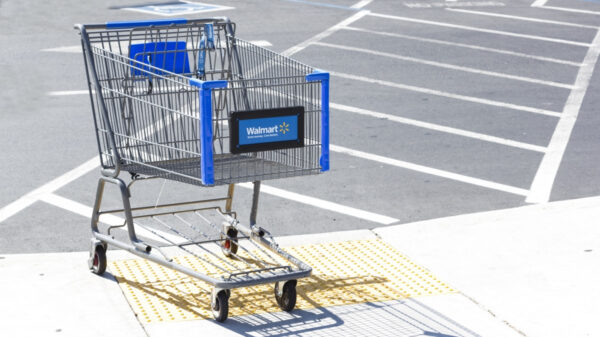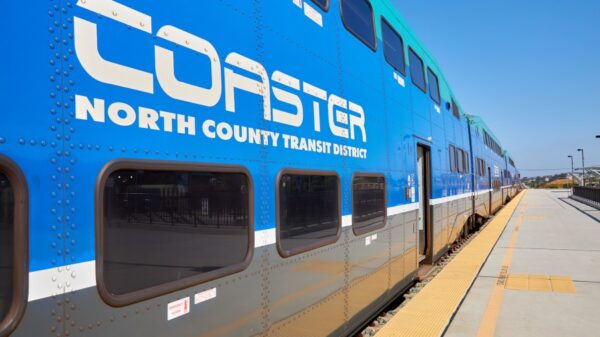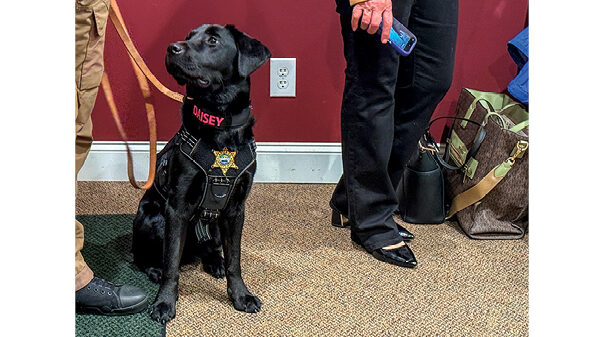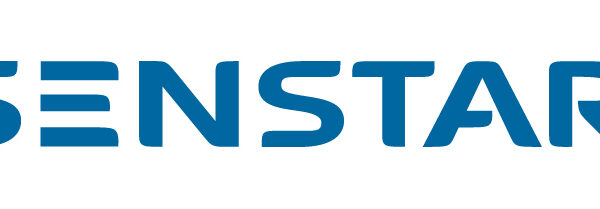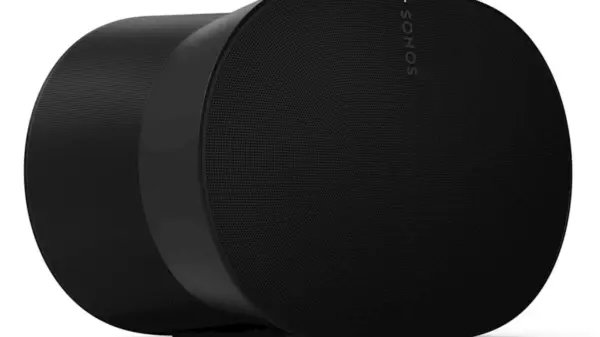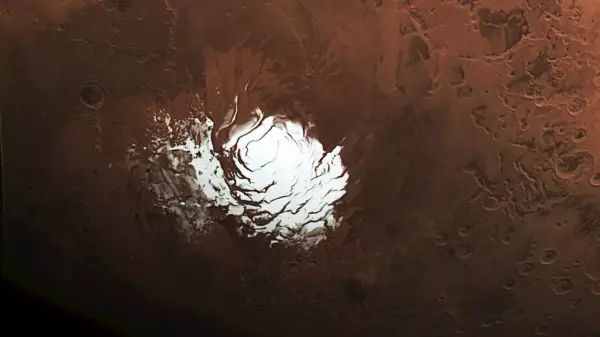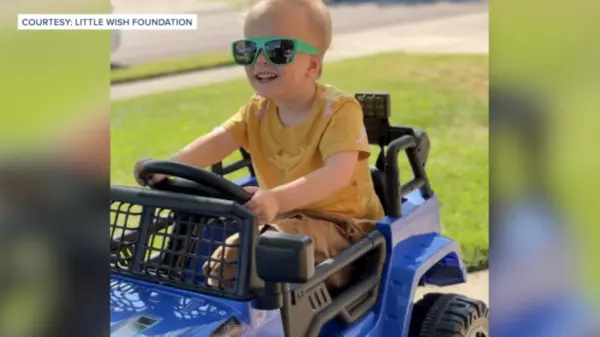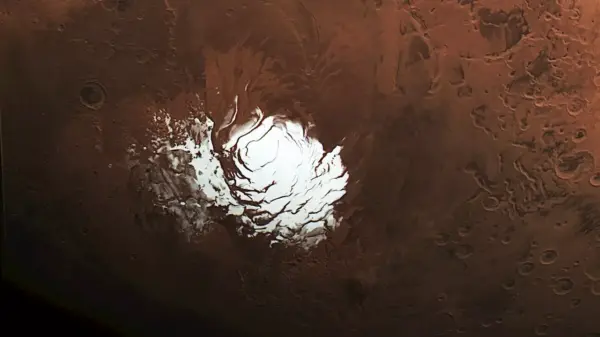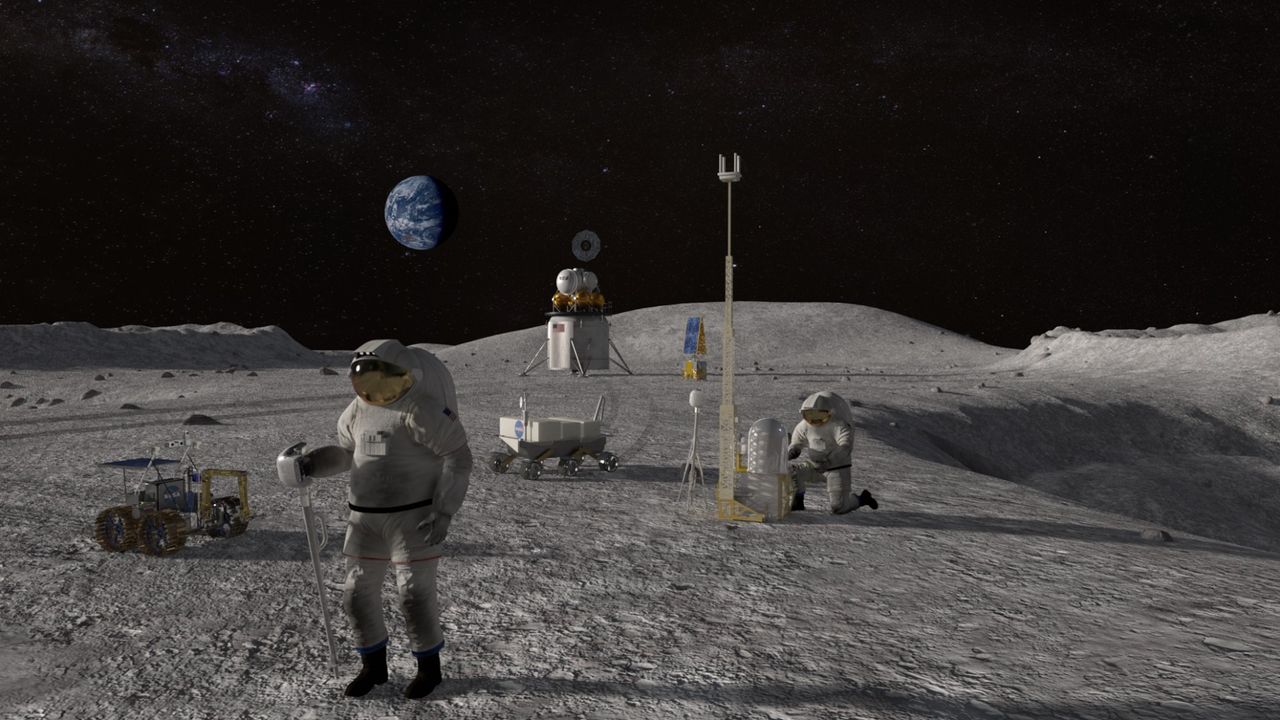NASA and Google are embarking on a groundbreaking collaboration to test an AI-powered medical assistant tailored for astronauts on long-duration space missions. This initiative aims to address the significant communication delays experienced during deep-space travel, which can hinder timely medical consultations with Earth. The project focuses on the development of the Crew Medical Officer Digital Assistant (CMO-DA), a sophisticated Clinical Decision Support System (CDSS) designed to enhance crew health management on missions to the moon and Mars.
AI Technology in Space Exploration
The CMO-DA will enable astronauts to autonomously diagnose and treat medical symptoms while operating beyond low Earth orbit. NASA’s Artemis program, which seeks to usher in a new era of human spaceflight, is the driving force behind this innovative project. Google representatives stated on August 8, 2023, that the AI system is trained on extensive spaceflight literature and employs advanced natural language processing and machine learning techniques. These capabilities allow it to deliver real-time analyses of crew health and performance, potentially transforming how medical care is administered in space.
Early testing has yielded promising results, showing that the AI assistant can provide reliable diagnoses based on reported symptoms. NASA and Google are currently collaborating with medical professionals to refine and enhance the model. This rigorous testing phase aims to ensure that astronauts can rely on the AI for critical health assessments during their missions.
Addressing Communication Delays
Deep-space missions, particularly those targeting the moon or Mars, pose unique challenges due to communication delays. For example, the round-trip light time for signals sent to Mars can reach up to 45 minutes, rendering real-time consultations unfeasible. In such scenarios, an onboard AI assistant could play a pivotal role in bridging the gap, providing immediate medical support when accessing trained professionals is not an option.
Moreover, the technology’s applications extend beyond space exploration. The AI medical assistant could also be invaluable in remote and challenging environments on Earth, where skilled medical personnel are scarce. This versatility highlights the potential of AI to enhance healthcare delivery in various contexts, both in space and terrestrial settings.
As NASA and Google continue their collaboration, the prospect of an AI medical assistant represents a significant advancement in astronaut health management and underscores the potential for interdisciplinary partnerships in addressing complex challenges in space exploration. The ongoing development of the CMO-DA illustrates a forward-looking approach to human spaceflight, where technology and innovation converge to ensure the safety and well-being of astronauts venturing into the unknown.


